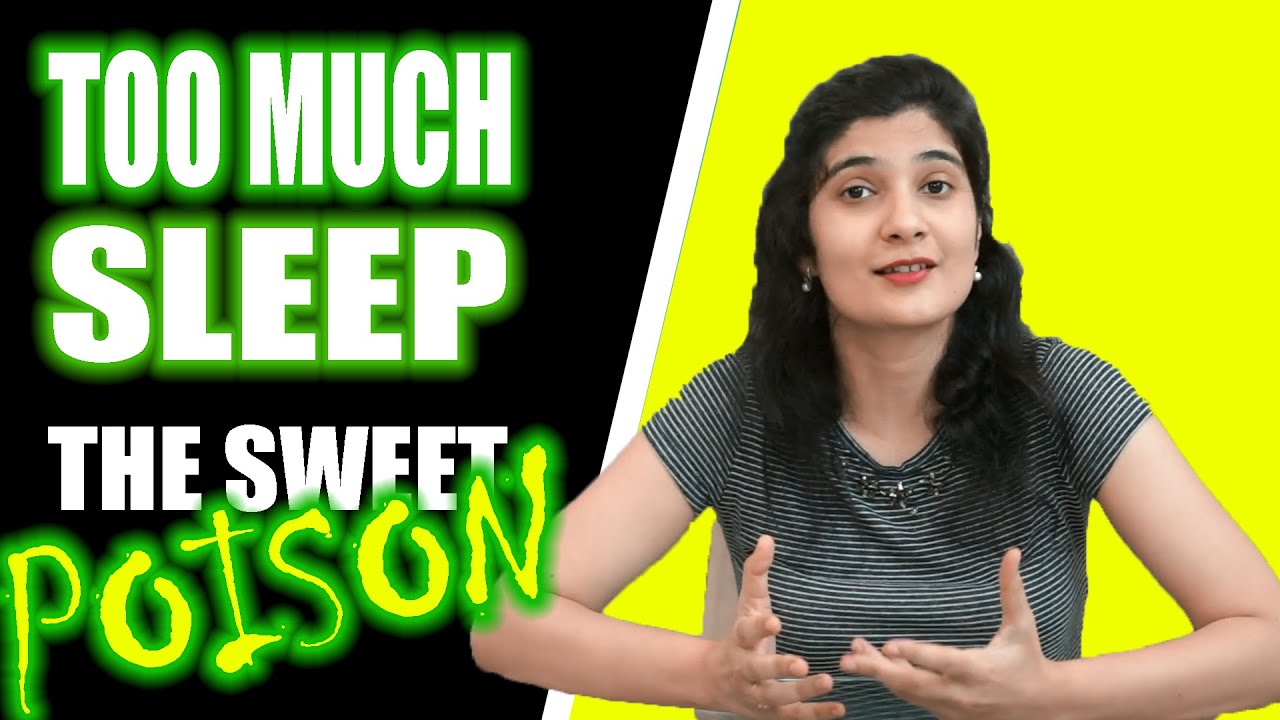Excessive sleepiness can be caused by various factors, ranging from lifestyle choices to underlying medical conditions. Understanding what triggers this excessive need for sleep can help improve overall well-being and productivity. One of the main culprits behind excessive sleep is a lack of quality rest during the night. Poor sleep hygiene, such as irregular sleep schedules, excessive caffeine consumption, and exposure to electronic devices before bed, can disrupt the body’s natural sleep-wake cycle, leading to daytime drowsiness. Additionally, certain medical conditions, such as sleep apnea, narcolepsy, and chronic fatigue syndrome, can significantly contribute to excessive sleepiness. These conditions disrupt the normal sleep patterns, causing individuals to struggle with daytime sleepiness and an overwhelming urge to sleep for extended periods. Furthermore, mental health issues like depression and anxiety can also impact sleep patterns, causing excessive sleep as a result. Stress, another prevalent factor, can lead to a constant state of fatigue and increased need for sleep. Identifying and addressing the underlying causes of excessive sleep can help individuals regain control over their energy levels and improve their overall quality of life. Consulting with a healthcare professional and adopting healthy sleep habits are crucial steps towards managing and reducing excessive sleepiness.

Factors that Cause Excessive Sleepiness
| Factor | Description |
|---|---|
| Narcolepsy | Narcolepsy is a neurological disorder that affects the brain’s ability to regulate sleep-wake cycles. Individuals with narcolepsy experience excessive daytime sleepiness and may uncontrollably fall asleep throughout the day. |
| Sleep Apnea | Sleep apnea is a common sleep disorder characterized by pauses in breathing during sleep. These interruptions can cause frequent awakenings, leading to excessive daytime sleepiness. Obstructive sleep apnea, the most prevalent form, occurs when the airway is partially or completely blocked during sleep. |
| Chronic Fatigue Syndrome (CFS) | Chronic Fatigue Syndrome is a complex disorder characterized by profound fatigue that is not relieved by rest and is not directly caused by other medical conditions. People with CFS often experience excessive sleepiness and struggle to engage in daily activities due to extreme exhaustion. |
| Insomnia | Insomnia is a sleep disorder where an individual has difficulty falling asleep, staying asleep, or both. Chronic insomnia can lead to prolonged sleep deprivation, causing excessive daytime sleepiness and impairing cognitive function. |
| Medication Side Effects | Certain medications, such as sedatives, antihistamines, and some antidepressants, may induce drowsiness as a side effect. Excessive daytime sleepiness can occur when these medications disrupt the normal sleep-wake cycle. |
| Depression | Depression is a mood disorder that can significantly impact sleep patterns. Individuals with depression often experience hypersomnia, which involves excessive sleepiness, prolonged nighttime sleep, or daytime napping. |
| Shift Work Sleep Disorder (SWSD) | SWSD occurs when an individual’s work schedule is outside the typical 9-to-5 working hours, disrupting the natural circadian rhythm and making it challenging to sleep during regular nighttime hours. This can lead to excessive sleepiness during work shifts. |
Note: Excessive sleepiness can be a symptom of various underlying conditions, and it is essential to consult a healthcare professional for proper diagnosis and treatment.
Sleeping Too Much: Unveiling the Causes, Effects, and Solutions
The Science Behind Excessive Sleep: Understanding the Root Causes
Sleep is an essential part of our daily routine, allowing our bodies and minds to recharge and rejuvenate. However, for some individuals, sleep becomes more than just a restful state; it becomes a constant need. Excessive sleep, also known as hypersomnia, can significantly impact one’s daily life and productivity. In this article, we will explore the various factors that contribute to excessive sleep and what can be done to address this issue.
1. Underlying Health Conditions
Excessive sleep can be triggered by a wide range of underlying health conditions. Sleep apnea, a disorder characterized by interrupted breathing during sleep, can lead to excessive daytime fatigue and a constant need for more sleep. Narcolepsy, on the other hand, causes sudden and uncontrollable sleep attacks throughout the day, resulting in prolonged periods of sleep. Other medical conditions such as depression, hypothyroidism, and fibromyalgia can also contribute to excessive sleepiness.
2. Medications and Substances
Certain medications and substances can interfere with the body’s natural sleep-wake cycle, leading to excessive sleep. Antidepressants, for example, can cause drowsiness as a side effect, making individuals feel the need to sleep more. Similarly, sedatives, antihistamines, and opioids can all contribute to excessive sleepiness. In addition, substance abuse, such as excessive alcohol consumption or drug use, can disrupt sleep patterns and lead to increased sleep requirements.
3. Poor Sleep Quality
While the duration of sleep is important, the quality of sleep also plays a crucial role in determining how much sleep a person needs. Sleep disorders such as insomnia, restless leg syndrome, and sleep-related movement disorders can affect the quality of sleep, leaving individuals feeling unrefreshed even after a seemingly long period of sleep. This lack of restorative sleep often leads to excessive daytime sleepiness and the need for more sleep.
4. Sleep Debt and Sleep Inertia
Accumulating a sleep debt over time can also contribute to excessive sleepiness. Sleep debt refers to the difference between the amount of sleep our bodies need and the amount of sleep we actually get. When we consistently fail to meet our sleep needs, our body tries to compensate by increasing the amount of sleep required. This can result in excessive sleepiness and the need for extended periods of sleep.
Additionally, sleep inertia can also cause individuals to sleep for longer durations. Sleep inertia refers to the feeling of grogginess and disorientation upon waking up, which can last for a significant period of time. This prolonged state of grogginess often leads to individuals seeking more sleep to fully recover and feel alert.
5. Psychological Factors
Psychological factors can also contribute to excessive sleep. Stress, anxiety, and emotional distress can disrupt sleep patterns, leading to increased sleep requirements. Additionally, individuals who use sleep as a form of escapism or avoidance may find themselves needing more sleep as a way to cope with their emotional struggles. It is important to address these underlying psychological factors to establish healthy sleep patterns.
Conclusion
Excessive sleep can stem from a variety of causes, ranging from underlying health conditions and medications to poor sleep quality and psychological factors. Identifying the root cause is crucial in addressing excessive sleepiness and improving overall well-being. If you or someone you know experiences excessive sleep, it is advisable to consult a healthcare professional to determine the underlying cause and develop an appropriate treatment plan.

